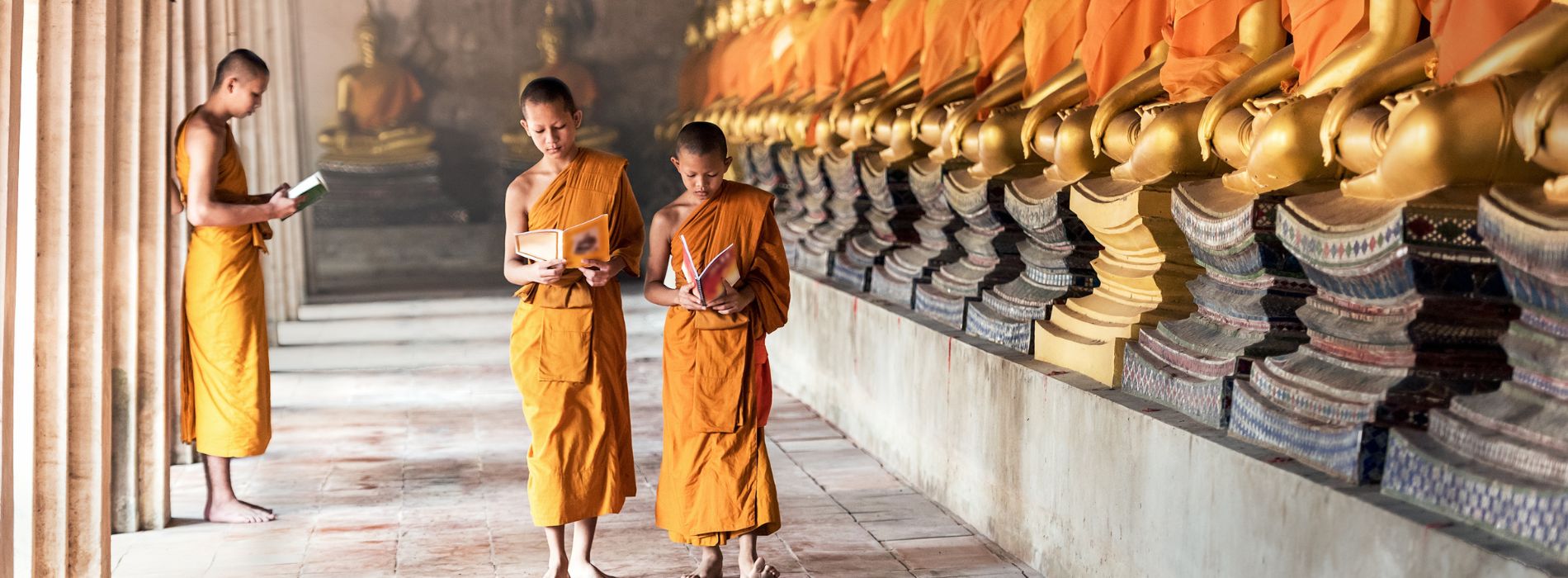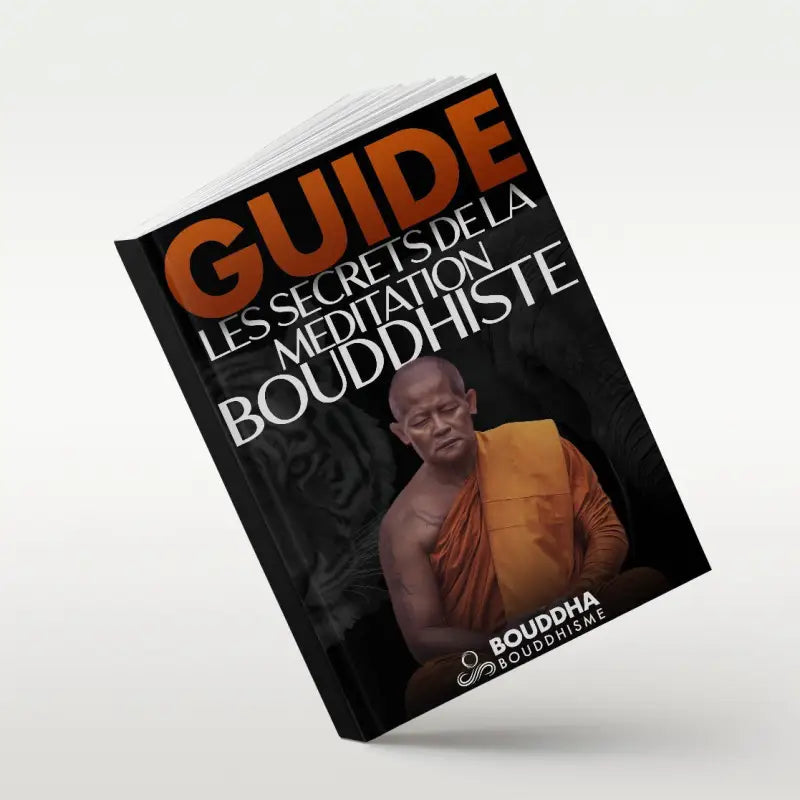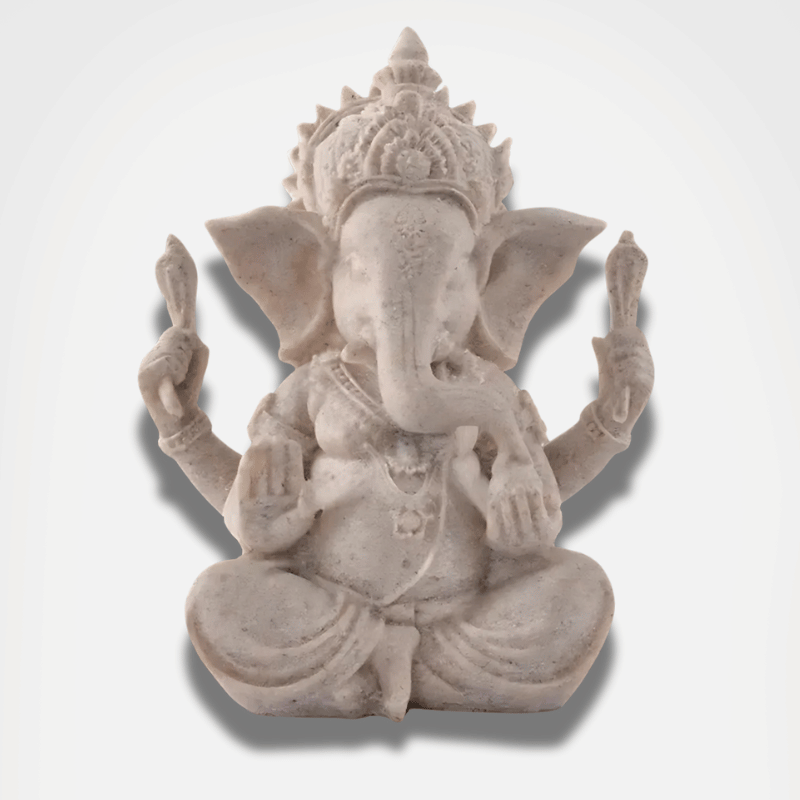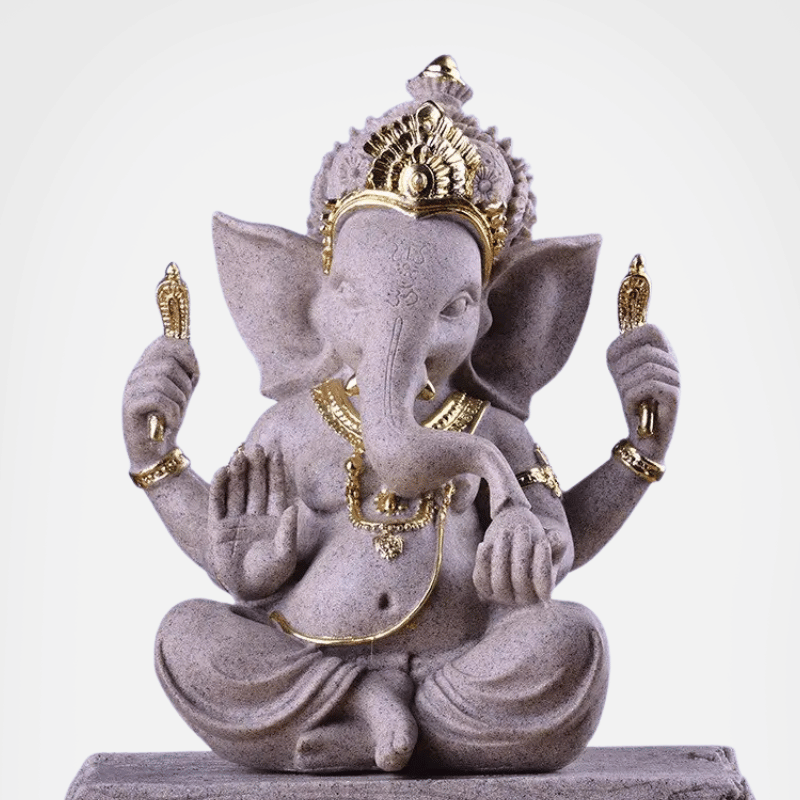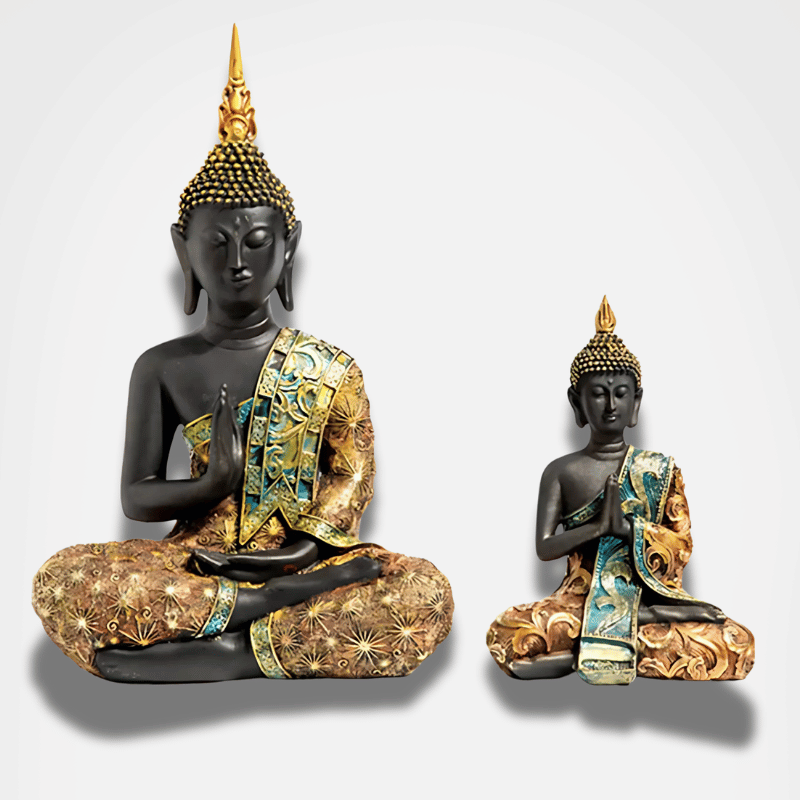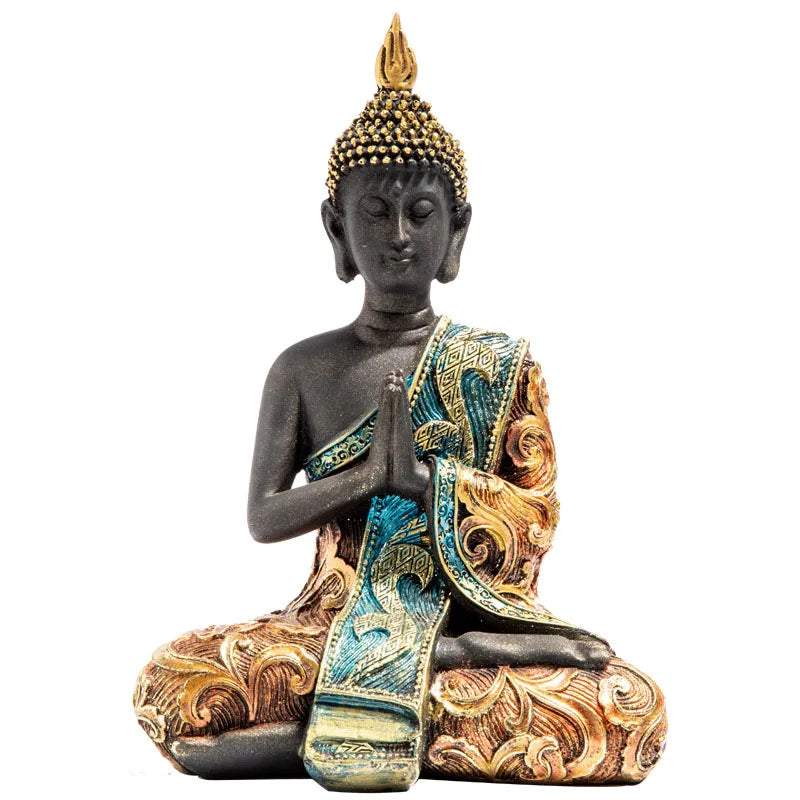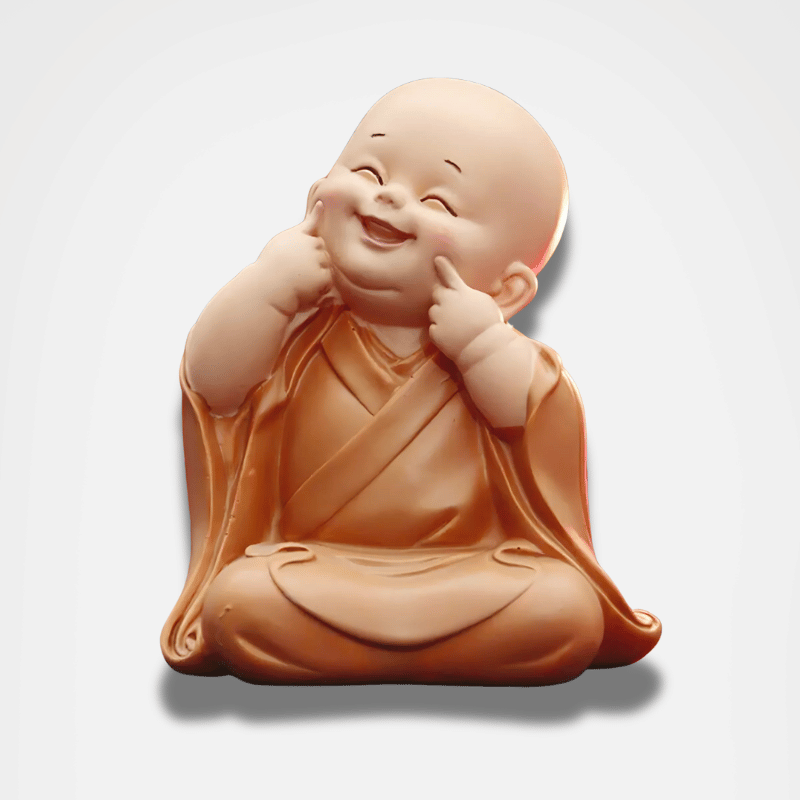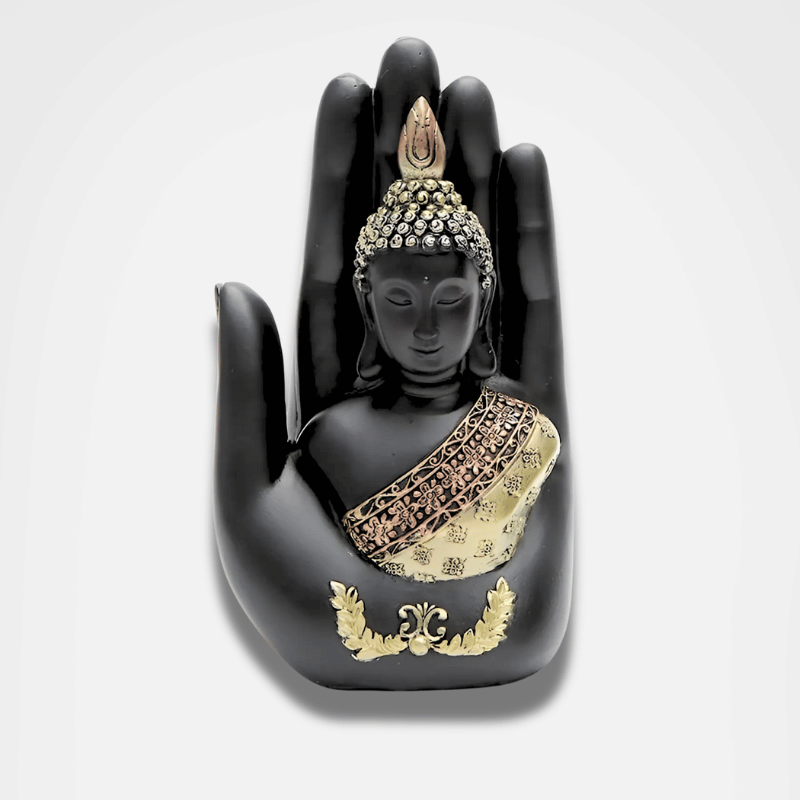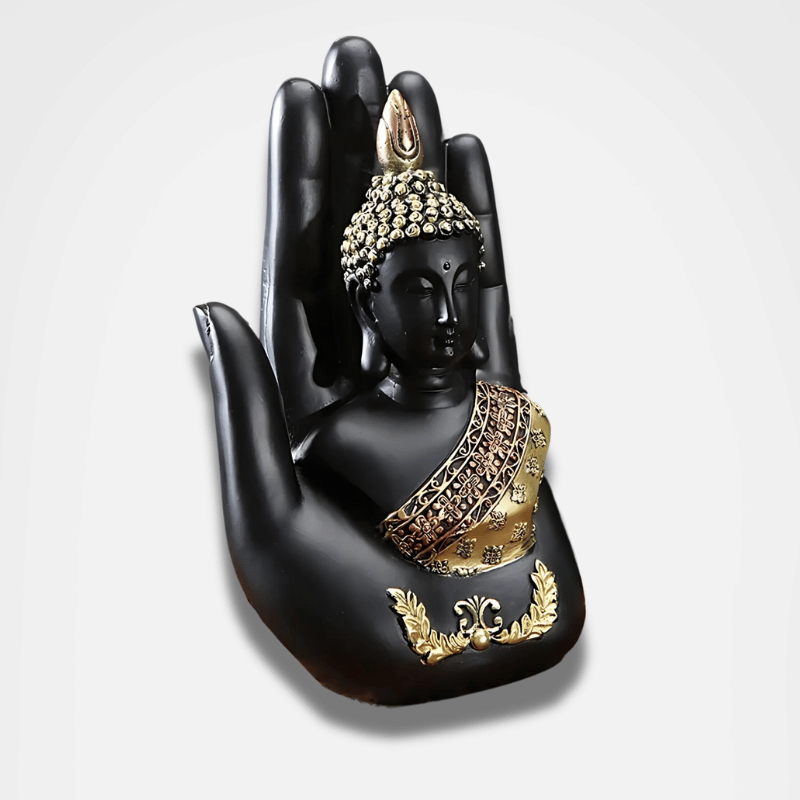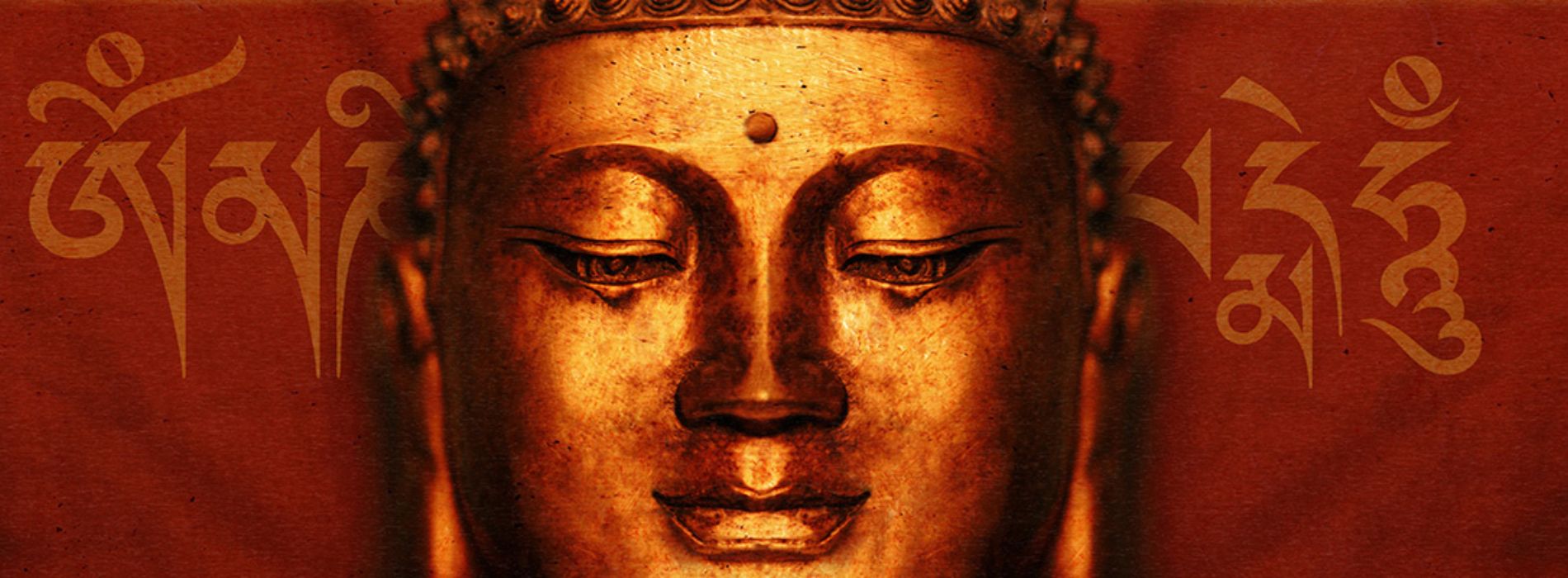What are the names of people who practice Buddhism?
Understand the different names given to practitioners of Buddhism
The Buddhists
Buddhists are people who follow and practice the teachings of the Buddha, Siddhartha Gautama. Buddhism is a religion and philosophy based on the teachings of the Buddha, which emphasizes the pursuit of enlightenment and achieving nirvana. Buddhists seek to understand the true nature of existence and develop qualities such as wisdom, compassion and loving-kindness.
Buddhist practice can take many forms, from meditating and reciting mantras to offering food to monks and performing good deeds toward others. Buddhists may also belong to different schools or traditions of Buddhism, such as Theravada, Mahayana, or Vajrayana Buddhism, each with their own specific teachings and practices.
Monks and nuns
Monks and nuns are Buddhist practitioners who have chosen to devote themselves entirely to spiritual practice and the study of the teachings of the Buddha. They live in monasteries or religious communities, follow strict rules and renounce material goods and earthly pleasures.
Monks wear saffron-colored robes, while nuns wear white or pink-colored robes. They devote their time to meditation, studying sacred texts, reciting prayers and carrying out different spiritual practices. Their goal is to achieve awakening or liberation from the cycle of rebirth.
It is important to note that anyone can practice Buddhism, regardless of status or profession. Monks and nuns are simply practitioners who have chosen to devote themselves entirely to this spiritual path.
The laity
Lay people are Buddhists who lead ordinary lives in the world, while integrating Buddhist principles and teachings into their daily lives. They are not necessarily members of a monastery or religious community and may be engaged in a profession or have a family.
Lay Buddhists typically practice meditation, study the teachings of the Buddha, participate in Buddhist rituals, and seek to live according to Buddhist principles of compassion, equanimity, and nonviolence. They may also undertake spiritual retreats or participate in specific Buddhist practices at temples or meditation centers.
Lay Buddhists are an essential part of the Buddhist community, providing material and spiritual support to monks and nuns, while spreading Buddhist teachings in society.
The bodhisattvas
Bodhisattvas are beings who have reached a high level of spiritual awakening, but who choose to remain in the cycle of rebirth to help others in their quest for liberation. They embody the Buddha's qualities of love, compassion, wisdom and compassion and work to alleviate the suffering of living beings.
Bodhisattvas are revered by many Buddhists, who consider them to be role models and protectors. Famous bodhisattva figures include Avalokiteshvara, the bodhisattva of compassion, and Manjushri, the bodhisattva of wisdom.
The historical boddhisattvas
Among the many bodhisattvas, some are considered to be beings who existed in the past and who reached a high level of enlightenment. For example, Prince Siddhartha Gautama, before becoming the Buddha, was himself a bodhisattva. Other historical bodhisattvas include Maitreya, who is believed to be the next coming Buddha, and Amitabha, the Buddha of the mystical paradise of the Land of Purity.
These figures are often revered and invoked by Buddhists for protection, guidance and inspiration in their own spiritual practice.
Personal boddhisattvas
Buddhists can also develop a personal relationship with a particular bodhisattva, by choosing a spiritual guide to whom they feel particularly connected. They can make offerings to bodhisattvas, recite their names or mantras, and invoke their presence and support in their daily lives and spiritual practice.
This personal relationship with a bodhisattva can be nourishing and provide moral and spiritual support during difficult times.
Conclusion
Whether you are a monk, a nun, a layperson, or have a personal connection with a bodhisattva, every person practicing Buddhism seeks to find inner peace, wisdom, and compassion. Buddhism offers different paths and approaches to achieve this goal, with varied practices and rich teachings.

